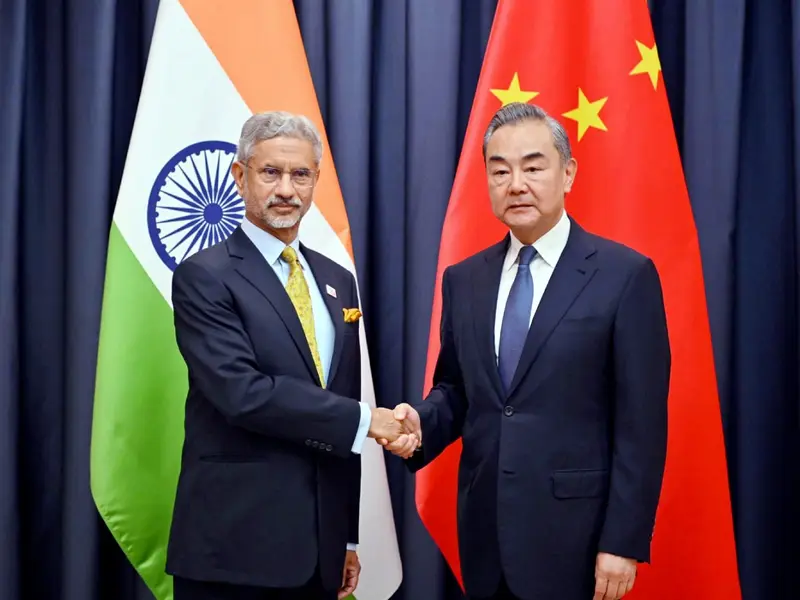Chinese Foreign Minister Wang Yi arrived in New Delhi for a two-day visit aimed at reviving dialogue and stabilising ties after several years of strained relations. The trip coincides with the 24th round of border talks between the Special Representatives of both countries—Wang Yi and India’s National Security Adviser Ajit Doval.
Ahead of his meeting with External Affairs Minister (EAM) Dr. S. Jaishankar, China’s Foreign Ministry spokesperson Mao Ning had underlined Beijing’s intent to “deepen political trust, expand cooperation, and properly manage differences” to ensure stable bilateral development.
In his opening remarks, Jaishankar acknowledged the “difficult period” in India–China relations but stressed the need to move forward through “a candid and constructive approach.” He reiterated that differences must not escalate into disputes and underscored the guiding principles of “mutual respect, mutual sensitivity, and mutual interest.”
On global issues, Jaishankar argued for a fair and multipolar world order, calling reform of multilateral institutions “the call of the day.” He also noted that cooperation between Asia’s two largest nations is vital for enhancing stability in the global economy. The EAM highlighted counterterrorism as another shared priority, urging a joint stance against all forms of extremism.
Touching upon security concerns, Jaishankar emphasized that progress in bilateral ties hinges on peace along the disputed border. He expressed hope that ongoing de-escalation efforts would advance, noting that Wang Yi’s meeting with NSA Doval would be crucial in maintaining tranquility in frontier regions.

The visit comes shortly before the Shanghai Cooperation Organization (SCO) Summit in Tianjin, hosted by China. India has worked closely with Beijing during its presidency, and Jaishankar extended best wishes for a “successful summit with strong outcomes.”
Wang Yi, in his statement, struck an optimistic tone, asserting that India and China can “contribute to each other’s success” and provide much-needed stability for Asia and the wider world. He pointed to the resumption of Indian pilgrimages to Tibet’s sacred Mount Kailash (Gang Renpoche) and Lake Manasarovar (Mapam Yun Tso) as a sign of improving ties.
The visit follows NSA Doval’s December trip to Beijing for the 23rd round of SR talks, held weeks after Prime Minister Narendra Modi and President Xi Jinping agreed in Kazan to revive stalled dialogue during the BRICS Summit.


